Category:Role of Government


13 books every well-rounded libertarian should read
December 27, 2016 | Post
There are books that every libertarian should read and books every libertarian has read, but those circles don’t perfectly overlap. Here are 13 diverse book recommendations for well-rounded thinkers.

What makes a person a person?
December 26, 2016 | Post
Personhood is a moral concept, related to the notion of individuality.

Trump inherits a super-powered presidency.
December 25, 2016 | Post
Now that the Electoral College has made Trump’s 2016 win final, this a good time to start thinking about what powers he will have when he comes into office in January.

Does the constitution require a war on Christmas?
December 25, 2016 | Post
“In no way did America’s Founders — especially those men who drafted and ratified the First Amendment — desire to build a wall of separation between church and state.” — Mark Hall

Democrat vs. Republican is Outdated
December 23, 2016 | Video
“There’s this big shuffling of the deck going on in most western democracies,” says Professor Steve Davies, on the global political realignment of globalists vs. nationalists.

Naughty and Nice 2016: Who made the list?
December 20, 2016 | Post
Here at Learn Liberty, we like an optimistic muffin with our bitter coffee, so we took the liberty of compiling a naughty and nice list for the holiday season.

11 key facts about Americans’ attitudes toward the Police
December 20, 2016 | Post
The Cato Institute has released Policing in America—an extensive national public opinion report that explores Americans’ attitudes toward the police based on an original Cato Institute/YouGov national survey of 2,000 Americans.

Privilege, Risk, and Harm
December 18, 2016 | Post
Trump’s victory has triggered a spate of post-hoc analysis about what went wrong. One of the major narratives to take root is that Trump’s win was fueled by a rejection of PC culture and identity politics broadly.

Bureaucracy buries the human spirit with paperwork
December 18, 2016 | Post
The following words represent the generally acknowledged mindset of a bureaucrat: “Rules are rules, fella. I don’t make ‘em. I just enforce ‘em.”

The three most pressing threats to liberty
December 15, 2016 | Post
Now is the time to defend the liberty that makes possible a global civilization that enables friendship, family, cooperation, trade, mutual benefit, science, wisdom — in a word, life — and to challenge the modern anti-libertarian triumvirate and reveal the emptiness at its heart.

‘I am a Liberal’: How one man brought down Britain’s national ID system
December 10, 2016 | Post
In 1950, a British dry cleaner refused to show his papers and brought down the whole system of national identity registration.

A political economist explains the best way to shrink the government in 9 charts
December 6, 2016 | Post
Let’s say that you’re a policymaker interested in reducing the size of government. Strategically, is it easier to cut government regulation or roll back the welfare state (thereby reducing government spending)?

Pay for bone marrow, save lives
November 29, 2016 | Post
This past week, I was on a panel for a Senate Hill Briefing entitled “Should compensation for bone marrow donors be legal?”
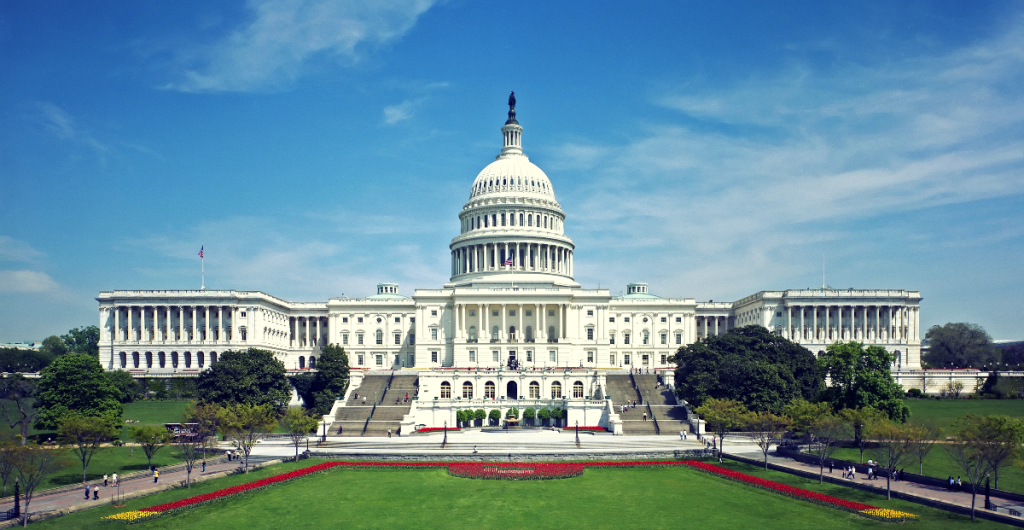
Healing through decentralization
November 27, 2016 | Post
I argue that freedom of association is absolutely critical to sustaining relations of social trust across difference, even if it allows people to retreat further into their echo chambers.
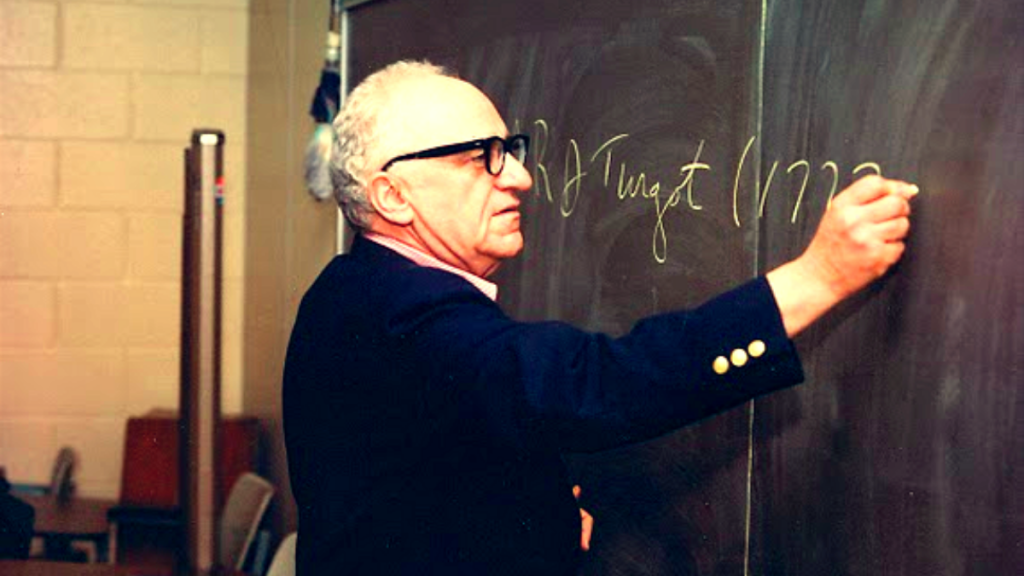
The role of government: schools of thought in classical liberalism
November 23, 2016 | Post
Classical liberals all agree that government should be limited, but they disagree about how they get to that conclusion.
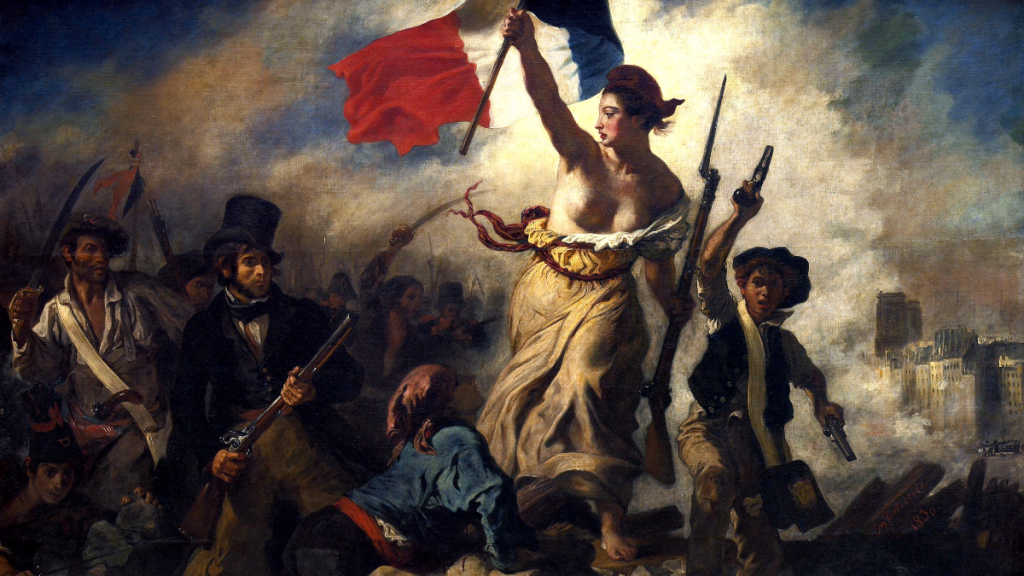
What is classical liberalism?
November 20, 2016 | Post
If you ask most people what classical liberalism is, they’ll say that it’s essentially free-market economics. But that’s a rather impoverished and narrow idea.

A theory of justice, post-Trump edition
November 19, 2016 | Post
John Rawls famously argues that we should think about principles of justice from behind a “veil of ignorance.” How robust would you like the protection of religious freedom to be if you had no idea whether you turn out to be a Christian, Muslim, atheist, etc.? How would you like income to be distributed if […]

Common law gave you real property ownership
November 11, 2016 | Post
With minor variations between the states, the law governing the use and ownership of real property emerged as part of English common law.

Buy 'em out – a new strategy for cutting government
November 9, 2016 | Post
In 1930, total government expenditure was 10% of GDP. Of that, approximately 3% was federal spending, and 7% was state and local spending. Today, government expenditure is about 40% of GDP, with 25% of that spending federal, and the remaining 15% state and local.
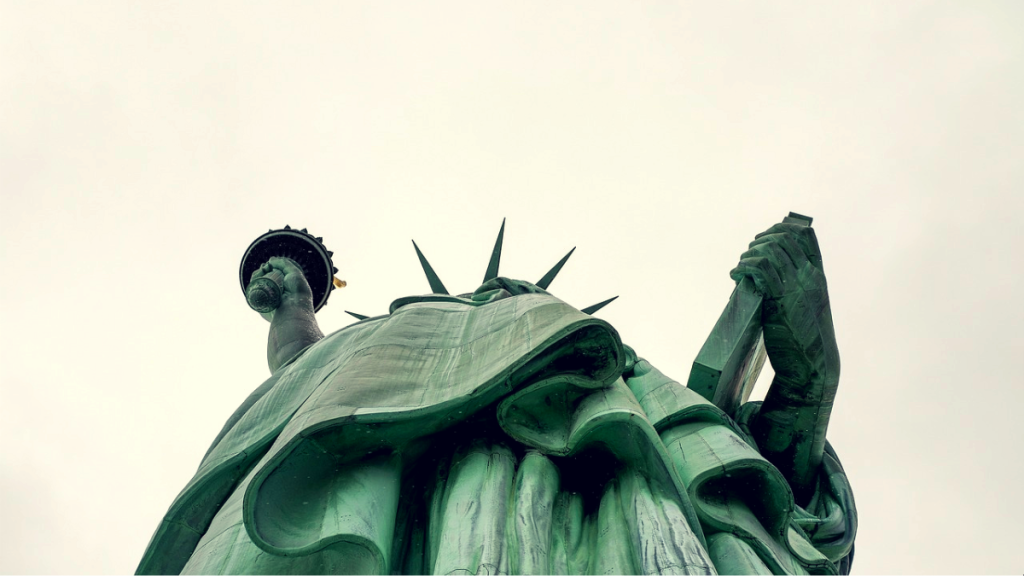
Election 2016: politics when government becomes a weapon
November 4, 2016 | Post
As Hayek long argued, a free society is governed by general, abstract rules that are equally applicable to all persons, including government actors.

Clergy should be able to preach without fear
October 26, 2016 | Post
In the absence of a compelling interest, such as preventing physical harm, governments have no right to control what goes on inside of churches and other houses of worship.

Should the government step in to outlaw discrimination?
October 22, 2016 | Post
National and state governments often create accommodations to protect religious individuals from neutral, generally applicable laws, but they have also passed laws affirmatively protecting religious citizens from discrimination by both private and governmental entities. Most prominently, Title VII of the Civil Rights Act of 1964, as amended, prohibits employers with more than 15 employees from […]
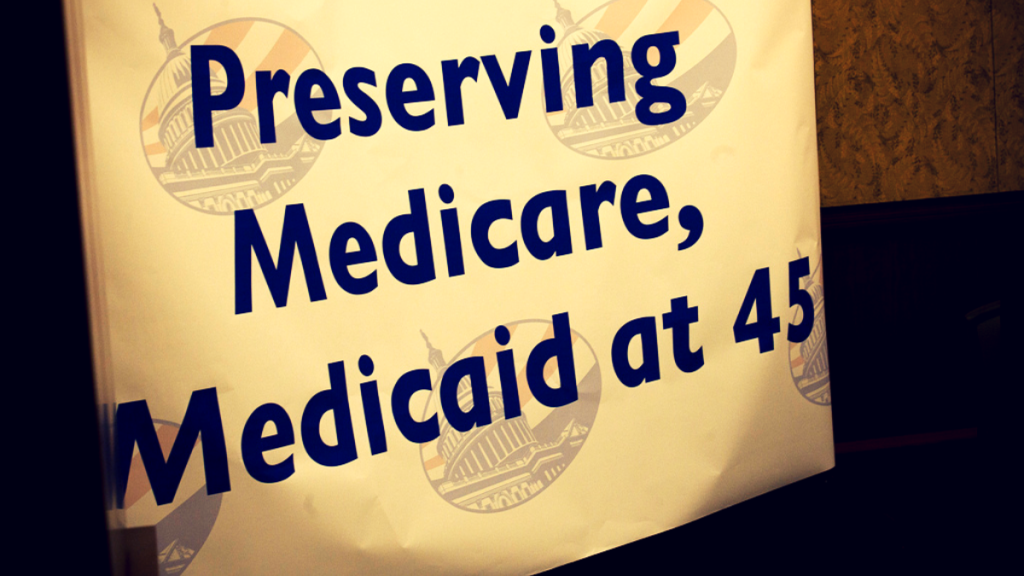
The answer is a new government program. What’s the question?
October 13, 2016 | Post
Politicians have never met a new taxpayer-funded government program they didn’t like.


